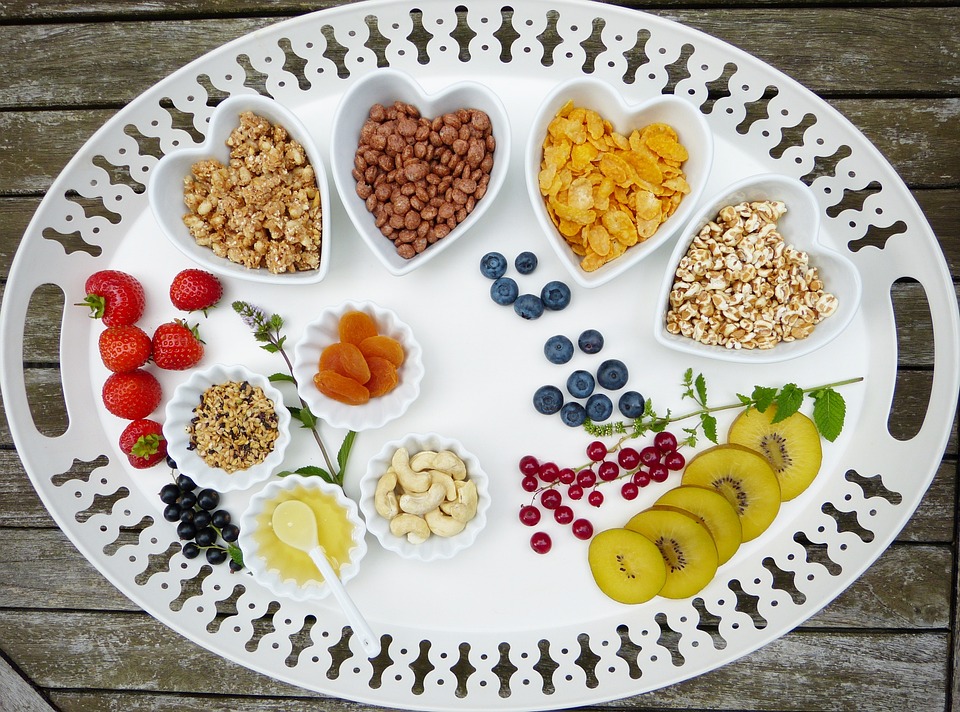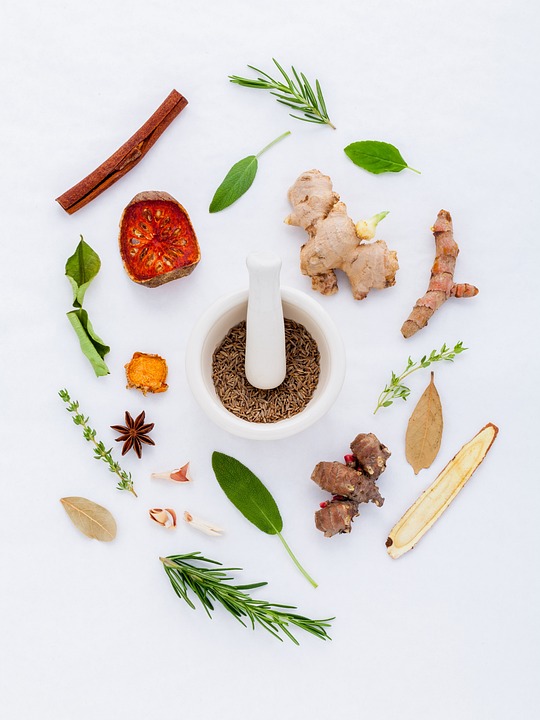gastric sleeve 1 Week Post Op: A Journey Towards a Healthier Life
Imagine a life where you can finally say goodbye to the constant struggle with excess weight and its associated health risks. If you have recently undergone gastric sleeve surgery, congratulations on taking a significant step towards achieving your weight loss goals and improving your overall well-being. In this article, we will explore what you can expect during the crucial first week post-operation, providing valuable insights and guidance to support you on your journey.
The Initial Days: Recovery and Adjustment
The first few days following gastric sleeve surgery are crucial for recovery and adjustment. Your body will undergo significant changes, both physically and emotionally. During this time, it is essential to prioritize rest and allow your body to heal from the procedure.
1.
Managing Pain and Discomfort
Pain and discomfort are common after gastric sleeve surgery. Your surgeon will prescribe pain medication to alleviate any post-operative pain. It is crucial to follow the prescribed dosage and schedule to manage pain effectively. Remember, pain is a temporary aspect of the recovery process, and soon you will start feeling better.
2.
The Liquid Diet Phase
In the initial week post-op, your surgeon will guide you through a strict liquid diet. This phase allows your stomach to heal and adapt to its new size. Your diet will primarily consist of clear liquids, such as water, broth, sugar-free gelatin, and herbal tea. It is essential to follow these dietary guidelines meticulously, as they play a crucial role in your recovery and long-term success.
3.
Hydration and Nutritional Intake
Maintaining proper hydration is essential during the recovery phase. It is recommended to sip fluids throughout the day, aiming for a daily intake of 64 ounces or more. However, it is important not to drink excessively and overwhelm your stomach. Staying hydrated helps prevent complications, such as dehydration and constipation.
While your caloric intake will be minimal during this phase, it is essential to provide your body with the necessary nutrients. Your surgeon or dietitian may recommend protein shakes or supplements to ensure you receive adequate nutrition. These supplements will provide your body with the necessary vitamins and minerals it needs to recover and thrive.
Emotional Well-being: Coping with Change
Embarking on the journey towards weight loss surgery brings about significant changes, both physically and emotionally. It is natural to experience a range of emotions during the first week post-op. Here are some practical tips to manage your emotional well-being:
1.
Seek Support
Surrounding yourself with a strong support network is crucial during this time. Lean on your loved ones, join support groups, or seek professional counseling if needed. Sharing your experiences and emotions with others who have gone through similar journeys can be immensely comforting and empowering.
2.
Practice Self-Care
Taking care of yourself is essential for your emotional well-being. Engage in activities that bring you joy and help you relax. Whether it’s reading a book, taking a walk, or listening to music, find what makes you happy and incorporate it into your daily routine.
3.
Set Realistic Expectations
It’s important to set realistic expectations for your weight loss journey. Remember that weight loss is a gradual process, and everyone’s journey is unique. Celebrate small victories along the way and be patient with yourself. Focus on the positive changes happening within your body and embrace the transformation.
Lasting Lifestyle Changes: The Key to Success
Gastric sleeve surgery is a powerful tool that can jumpstart your weight loss journey, but its long-term success relies on making lasting lifestyle changes. Here are some key factors to consider:
1.
Adhering to Dietary Guidelines
Following your surgery, your healthcare team will provide you with detailed dietary guidelines to ensure long-term success. Embrace these guidelines as a roadmap to a healthier future. Incorporate nutrient-rich foods, such as lean proteins, fruits, vegetables, and whole grains, into your diet. Avoid high-calorie, sugary, and processed foods that can hinder your weight loss progress.
2.
Regular Physical Activity
Engaging in regular physical activity is essential for maintaining a healthy weight and overall well-being. Start with low-impact exercises, such as walking or swimming, and gradually increase your intensity as your body adjusts. Consult your healthcare team for personalized exercise recommendations based on your physical capabilities.
3.
Building a Supportive Environment
Creating a supportive environment is crucial for long-term success. Surround yourself with individuals who share your goals and encourage healthy habits. Engage in activities that promote positive lifestyle choices and help you stay motivated. Consider joining exercise classes, support groups, or online communities to connect with like-minded individuals.
In conclusion, the first week post gastric sleeve surgery is a critical period in your weight loss journey. By prioritizing rest, following dietary guidelines, managing your emotional well-being, and making lasting lifestyle changes, you are setting yourself up for success. Remember, this is just the beginning of a transformative journey towards a healthier, happier life. Stay committed, be kind to yourself, and embrace the incredible possibilities that lie ahead.
Common Inquiries Regarding Gastric Sleeve 1 Week Post Op
1. How soon can I start eating after gastric sleeve surgery?
After gastric sleeve surgery, you will be on a clear liquid diet for the first few days. Your healthcare team will monitor your progress and determine when you are ready to progress to a full liquid diet, which usually happens around the third day. From there, you will gradually introduce soft foods and then progress to regular solid foods over the next few weeks.
Important information:
1. The timeline for transitioning from clear liquids to solid foods will be determined by your healthcare team.
2. It is crucial to follow the recommended dietary guidelines provided by your healthcare team.
3. Gradually introducing different food textures will help your body adjust to the changes and prevent complications.
2. What can I eat during the first week after gastric sleeve surgery?
During the first week after gastric sleeve surgery, you will be on a clear liquid diet. This means you can consume liquids that are transparent and free of any solid particles, such as water, broth, sugar-free gelatin, and clear protein shakes. It is essential to stay hydrated and avoid carbonated beverages, caffeine, and sugary drinks.
Important information:
1. Clear liquids help maintain hydration and provide essential nutrients during the early stages of recovery.
2. Protein shakes can help meet your nutritional needs and aid in healing.
3. Avoiding carbonated beverages, caffeine, and sugary drinks is important to prevent complications and support weight loss.
3. How should I manage pain and discomfort during the first week post gastric sleeve surgery?
Pain and discomfort are common after gastric sleeve surgery, but they can be managed effectively. Your healthcare team will prescribe pain medication to alleviate any discomfort. It is crucial to take the medication as directed and report any persistent or worsening pain to your healthcare provider. Additionally, applying an ice pack to the incision area can help reduce swelling and relieve pain.
Important information:
1. Follow your healthcare team’s instructions regarding pain medication and dosage.
2. Inform your healthcare provider if you experience severe or worsening pain.
3. Using ice packs as directed can help alleviate pain and reduce swelling.
4. How can I prevent complications during the first week after gastric sleeve surgery?
To prevent complications during the first week after gastric sleeve surgery, it is essential to follow the post-operative guidelines provided by your healthcare team. These guidelines may include:
– Taking prescribed medications as directed.
– Maintaining proper hygiene and caring for your incision site.
– Avoiding strenuous physical activities and lifting heavy objects.
– Attending follow-up appointments with your healthcare provider.
– Following the recommended dietary plan and gradually introducing different food textures.
Important information:
1. Adhering to the post-operative guidelines is crucial for a successful recovery.
2. Proper hygiene and care of the incision site can prevent infections.
3. Attending follow-up appointments allows your healthcare provider to monitor your progress and address any concerns.
5. What lifestyle changes should I make during the first week after gastric sleeve surgery?
Gastric sleeve surgery is a tool to assist with weight loss, but it requires significant lifestyle changes to achieve long-term success. During the first week post-surgery, you should focus on:
– Following the recommended dietary plan provided by your healthcare team.
– Incorporating regular physical activity as advised by your healthcare provider.
– Practicing portion control and mindful eating.
– Avoiding unhealthy habits such as smoking and excessive alcohol consumption.
Important information:
1. Adhering to the recommended dietary plan is crucial for weight loss and proper healing.
2. Regular physical activity helps maintain muscle mass and supports weight loss.
3. Making healthy lifestyle choices, such as practicing portion control and avoiding unhealthy habits, will contribute to long-term success after gastric sleeve surgery.
1. Immediate and Permanent Weight Loss
One common Misconception about Gastric Sleeve surgery is that patients will experience immediate and permanent weight loss. While it is true that this procedure can significantly reduce the size of the stomach and restrict food intake, weight loss is a gradual process that varies from person to person. It takes time for the body to adjust to the new eating habits and for patients to adopt a healthier lifestyle. Additionally, maintaining weight loss requires long-term commitment to a balanced diet and regular exercise.
2. No Need for Dietary Changes
Another misconception is that after Gastric Sleeve surgery, patients do not need to make any dietary changes. This is far from the truth. While the surgery can help patients feel fuller with smaller portions, it is crucial to follow a specific post-operative diet plan that is gradually introduced to the patient. This diet plan usually consists of clear liquids, pureed foods, and eventually solid foods. It is important to consume nutrient-dense foods and avoid high-calorie, sugary, and fatty foods to support weight loss and ensure proper nutrition.
3. Easy and Painless Recovery
Some individuals may assume that the recovery process after Gastric Sleeve surgery is easy and painless. However, it is important to understand that this surgery is a major procedure that involves significant changes to the digestive system. While advancements in surgical techniques have minimized discomfort and accelerated recovery, patients should still expect a certain level of pain and discomfort in the immediate post-operative period. It is crucial to follow the surgeon’s instructions for pain management, rest, and gradually increasing physical activity to ensure a smooth recovery.
4. Instant Cure for Obesity-related Health Conditions
Many people believe that undergoing Gastric Sleeve surgery is an instant cure for obesity-related health conditions, such as diabetes, hypertension, or sleep apnea. While weight loss resulting from this surgery can have a positive impact on these conditions, it does not guarantee their complete resolution. Some patients may experience significant improvements or even remission of certain health conditions, but individual results may vary. It is important to continue working closely with healthcare providers to manage and monitor any pre-existing health conditions even after the surgery.
5. The Procedure Is Risk-Free
A common misconception surrounding Gastric Sleeve surgery is that it is a risk-free procedure. While it is true that advancements in surgical techniques have significantly reduced the risks associated with this surgery, it still carries potential complications like any other major surgical procedure. Possible risks and complications include infection, bleeding, blood clots, leaks from the staple line, gastrointestinal obstruction, and even death in rare cases. It is crucial for patients to weigh the potential benefits against the risks and thoroughly discuss these concerns with their healthcare provider before deciding to undergo the surgery. Regular follow-up appointments are also essential to monitor progress and address any potential complications that may arise.
Gastric Sleeve 1 Week Post Op
#Congratulations #gastric #sleeve #surgery #week #postop #important #milestone #recovery #journey #key #points #mind #period

